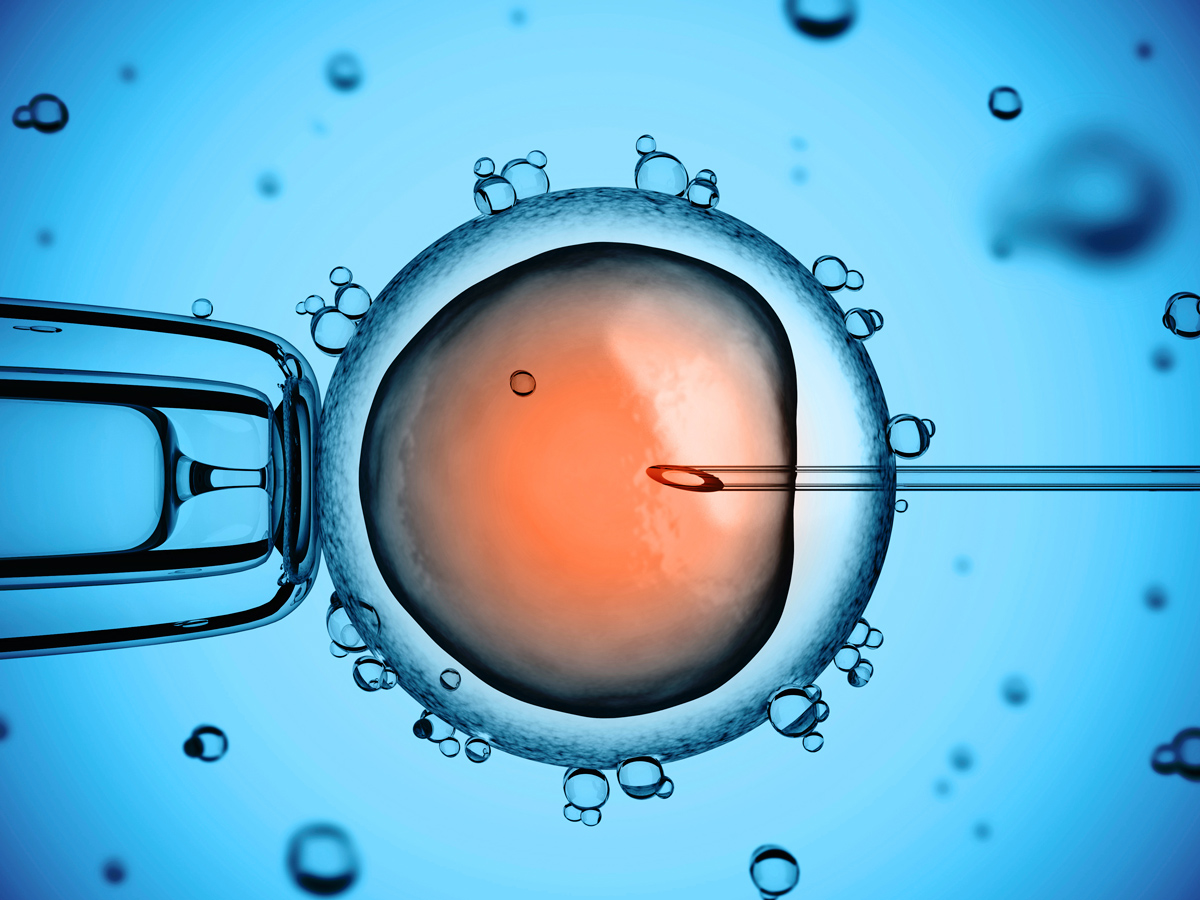INFERTILITY
Definition
- inability to conceive after 1 year of unprotected intercourse
- This increases with age
- Affects 15% of all couples
Infertility is grouped into two categories:
Primary infertility:
Primary infertility refers to couples who have not become pregnant after at least 1 year of unprotected sex (intercourse)
Secondary infertility:
Secondary infertility is difficulty conceiving after already having conceived (and either carried the pregnancy to term or had a miscarriage)
In healthy couples under age 30 who have sex regularly, the chance of getting pregnant is about 25 – 30% per month.
A woman’s peak fertility occurs in her early 20s. After age 35 (and especially 40), the chances that a woman can get pregnant drops considerably.
Causes:
Female factors – 50%
Ovulation disorders – 25%
Endometriosis, adhesions, blocked tubes – 25%
Cervix and uterus abnormalities – 10%
Female infertility may occur when:
- A fertilized egg or embryo does not survive once it sticks to the lining of the womb (uterus)
- The fertilized egg does not attach to the lining of the uterus
- The eggs cannot move from the ovaries to the womb
- The ovaries have problems producing eggs
Many things can change a woman’s ability to have a baby. These include:
- Age
- stress
- poor diet
- athletic training
- being overweight or underweight
- smoking
- excess alcohol use
- sexually transmitted infections (STIs)
Health problems that cause hormonal changes, such as polycystic ovarian syndrome and primary ovarian insufficiency
Male factors – 40-50%
Main cause in 25% of couples
Additional cause in 15-25% of couples
Male infertility may be due to:
- A decrease in sperm count
- Sperm being blocked from being released
- Sperm that do not work properly
Some things that may reduce the health or number of sperm include:
- heavy alcohol use
- drugs
- environmental toxins, including pesticides and lead
- smoking cigarettes
- health problems such as mumps, serious conditions like kidney disease, or hormone problems
- medicines
- radiation treatment and chemotherapyfor cancer
- Age
Unexplained factors (15%)
Investigations:
Blood tests – checking hormone levels
Cervical test – checks sperm and cervical mucus after intercourse
Uterus – ultrasound, hysterosalpingogram (x-ray with fluid in uterus), hysteroscopy (telescope in uterus)
Fallopian Tubes – hysterosalpingogram, laparoscopy
Endometriosis, adhesions – laparoscopy
Male factor – semen analysis
Treatments:
Counseling: intercourse timing, frequency, avoid lubricants
Medications:
Ovulation stimulation
Thyroid medication
Bromocriptine to decrease prolactin levels
Surgery:
hysteroscopy
laparoscopy
Intrauterine insemination:
Partner’s sperm
Donor sperm
In Vitro Fertilization (IVF)
In Vitro Fertilization with Sperm Injection (IVF with ICSI)
Egg Donation, Sperm Donation
Surrogacy
Natural medicines for SUBFERTILITY with PCOS
Inositol
- Restores ovulation
- improves insulin sensitivity,
- improves egg quality,
- reduces androgens in women with PCOS
A recent study published in Fertility and Sterility on women with PCOS doing medicated fertility cycles found that taking inositol resulted in a 20% improvement in clinical pregnancy rate.
Chastetree (Mediherb)
- regulates menstrual cycle
- improves luteal phase progesterone
Amino NAC
- helps improve ovulation in PCOS
A study published in Fertility and Sterility found that NAC supplementation reduced testosterone and improved insulin sensitivity in PCOS patients
Resveratrol
- good for cysts
Molecular Human Reproduction. 2010 Apr;16(4):251-9. Epub 2010 Jan 12. Effects of resveratrol on proliferation and apoptosis in rat ovarian theca-interstitial cells)
Natural Medicines for SUBFERTILITY IN OLDER WOMEN:
Focus: Improving Egg Quality and Improving Circulation to the Uterus and Ovaries. Oxidative stress associated with repeated ovulations appears to lower egg quality in the remaining eggs as a woman ages
L-Carnitine
- improves fertility in mature women by acting as an anti-oxidant
A 2010 Japanese study found that L Carnitine protected egg quality from oxidative effects on aging ovaries. http://www.ncbi.nlm.nih.gov/pubmed/20621580
CO Q10
- mitochondrial antioxidant
In a Toronto study it was found that using COQ10 in aging mice improved egg quality in aging mice. Their egg quality and they have currently initiated a randomized placebo control trial on the effectiveness of COQ10 in older women seeking fertility treatments
Fish oils
Study done in the journal fertility and sterility in 2010 showed ALA /DHA improved embryo morphology. EPA and DHA regulated estrogen and follicles in a more optimal range.
DHEA
A study showed published in “Reproductive Biomedicine Online” 2010 showed that DHEA improves ovarian reserve in older and younger women (AMH values improve). Note: it is really important to be overseen by a healthcare practitioner
Wheat grass juice
- extremely high in chlorophyll and animals that graze on wheat grass have better quality eggs, chlorophyll improves excretion of xenoestrogens and fat soluble waste products
A 2008 study found that chlorophyll was protective against DNA damage in cells, which is very important in the case of advanced maternal age.
